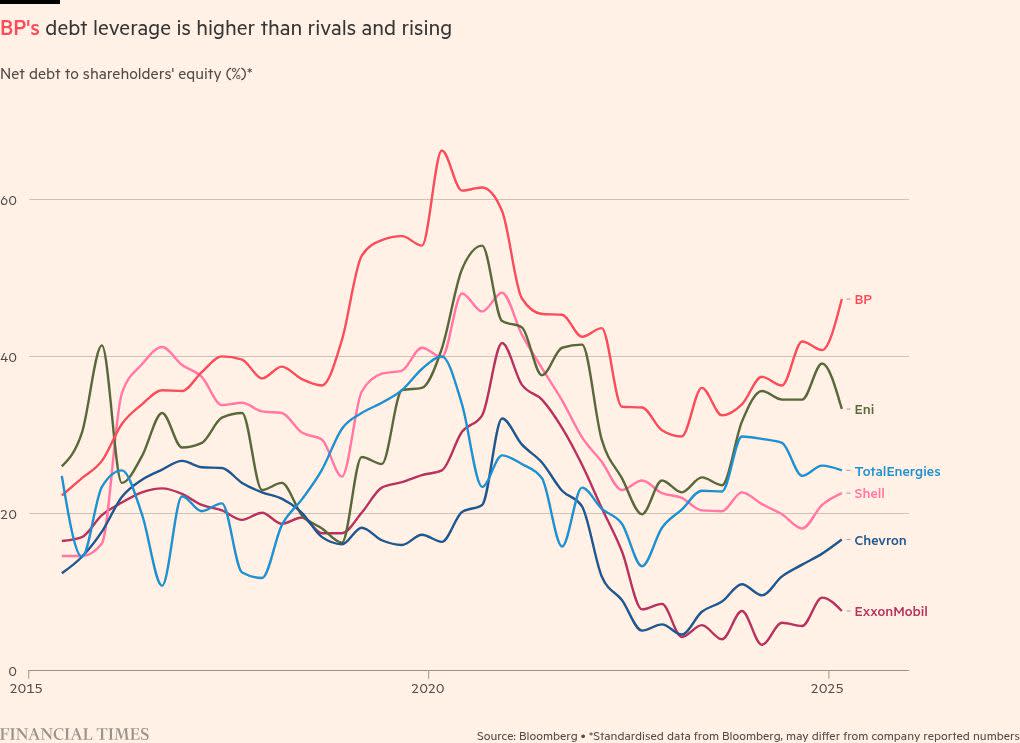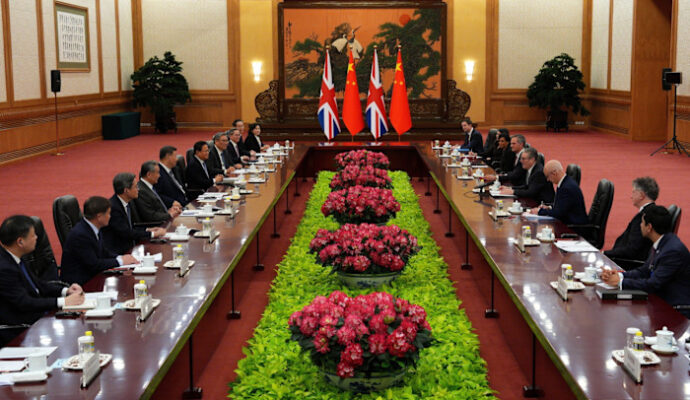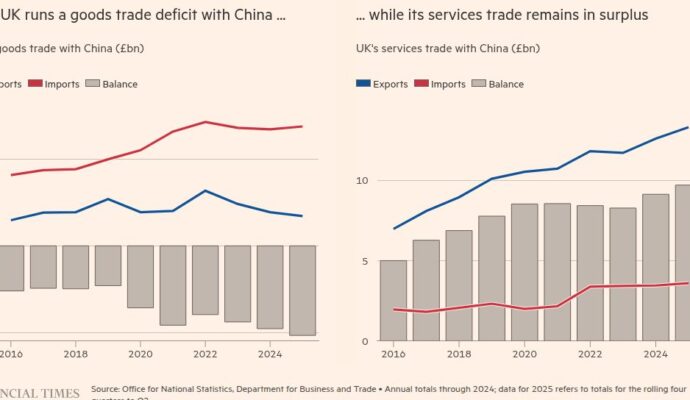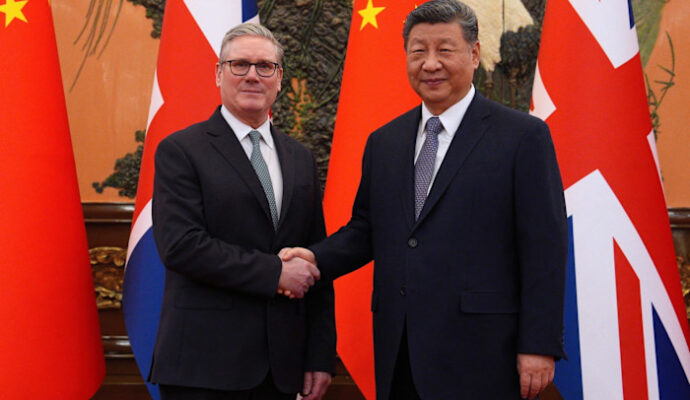This article is an on-site version of our FirstFT newsletter. Subscribers can sign up to our Asia, Europe/Africa or Americas edition to get the newsletter delivered every weekday morning. Explore all of our newsletters here
Today’s agenda: Biden diagnosed with cancer; Germany’s nuclear reversal; European polls; UBS’s AI analyst avatars; and Ruchir Sharma on billionaires in socialist Sweden
Good morning. We start with a crucial summit between the UK and EU hosted by Sir Keir Starmer in London this morning, where the prime minister hopes to secure a post-Brexit “reset” that deepens economic co-operation. Here’s what you need to know.
The key issues: Fishing rights, food trade and youth mobility. The EU wants long-term access to British waters for its fishermen and cheaper university fees for its students as the price for lowering the trade barriers that followed the UK’s departure from the EU single market and customs union in 2020. Negotiations on these topics went to the wire, running late into last night. Starmer is also set to sign a defence pact with European Commission president Ursula von der Leyen and European Council president António Costa.
What’s at stake: In terms of economic benefits, new research shows a deal that allows British goods to be exported to the EU without further tests or certificates — a move rebuffed by Brussels so far — would increase UK exports to the bloc by an average of a tenth, and by more than a quarter for some sectors. Politically, Starmer is under pressure from Conservative opponents who say he will “surrender” Britain’s interests, including potentially accepting EU food safety and animal welfare rules. The UK fishing industry has also urged the prime minister to “hold his nerve” and resist EU demands for access to British waters.
Here’s more on what to expect ahead of the historic talks.
EU-UK ties: A “reset” might improve relations but Britain will always remain a supplicant to Europe as long as it remains outside the bloc, writes Martin Sandbu.
For more on UK economy and trade, sign up for our State of Britain newsletter if you’re a premium subscriber, or upgrade your subscription. And here’s what else I’m keeping tabs on today:
Trump calls Putin: European leaders were racing to influence the US president’s thinking ahead of his planned conversation with Russia’s leader over Ukraine today.
Economic data: The EU issues inflation data for April while Rightmove publishes its house price index for the UK.
Buy now, pay later: The UK government will bring forward legislation that will regulate such financial services in the same way as mainstream banks.
Companies: NMC Health’s lawsuit against auditor EY begins at London’s High Court, while Ryanair reports results.
Five more top stories
1. Joe Biden has been diagnosed with an aggressive form of prostate cancer involving metastasis to the bone, a spokesperson for the former US president said. The news comes as Biden, 82, in recent days returned to the spotlight to defend his legacy. More details here.
2. Exclusive: Germany has dropped its long-held opposition to nuclear power, in the first concrete sign of rapprochement with France by Berlin’s new government. The move resolves a major dispute between the countries that has delayed EU energy plans, in what one German official called “a sea-change policy shift”.
3. Portugal’s far right has surged to tie for second place in an election won by the governing centre-right Democratic Alliance. Chega joined other far-right parties in western Europe in securing record support, smashing a two-party duopoly by riding a wave of anti-immigrant sentiment.
4. Exclusive: UBS has started using artificial intelligence to turn its analysts into avatars, sending videos of the simulated bankers to clients in a move the lender said would free up staff to focus on more productive tasks. The bank said the move, which uses OpenAI and Synthesia models, is “not a parlour trick”.
5. The US says it will impose the maximum tariffs it has threatened against countries that do not negotiate “in good faith”, with Treasury secretary Scott Bessent warning levies could go back to “liberation day” levels. Here’s why Washington is taking a more aggressive tone.
Join us for a subscriber-only webinar on May 28 for insights into the most consequential geopolitical rivalry of our time: the US-China showdown. Register now and put questions to our panel.
News in-depth
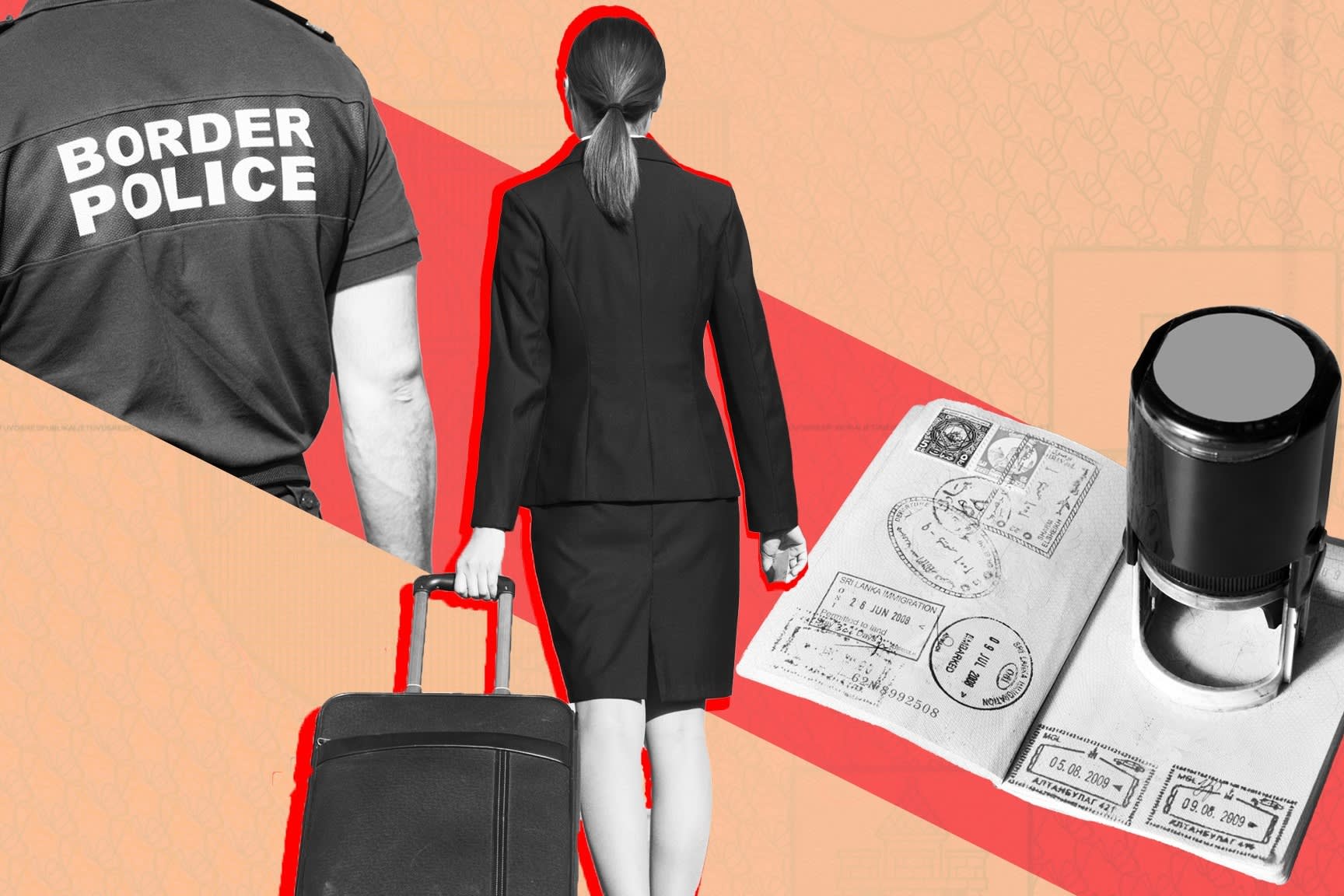
Executives, academics and government officials are approaching trips to the US with a level of caution more often associated with higher-risk jurisdictions such as China and some Middle Eastern countries. More aggressive border controls — which can include searching and even copying data from travellers’ devices and, at times, denying entry — are prompting organisations to reassess even routine work travel.
We’re also reading . . .
Sweden: The socialist paradise is also generating the kind of wealth that raises the risk of an anti-capitalist revolt, writes Ruchir Sharma.
Swatch: CEO Nick Hayek has overseen a decade of decline at the Omega and Longines owner. Can he see off the threat to his grip on the watchmaker?
Private capital: The asset class is not the simple panacea that policymakers and investors might want, writes Patrick Jenkins.
AI weather: Rapidly advancing technology is helping meteorologists make more accurate and detailed forecasts even further into the future.
Chart of the day
The world’s largest oil companies are braced for a prolonged downturn in crude prices — the third in just over a decade — as they seek to reassure investors that they are prepared for the worst.
Take a break from the news
What do AI chatbots say about their own bosses? An analysis of six of the leading makers of chatbots — OpenAI, Anthropic, xAI, Meta, Google and DeepSeek — shows subtle differences in how they refer to the leaders of various AI groups.

